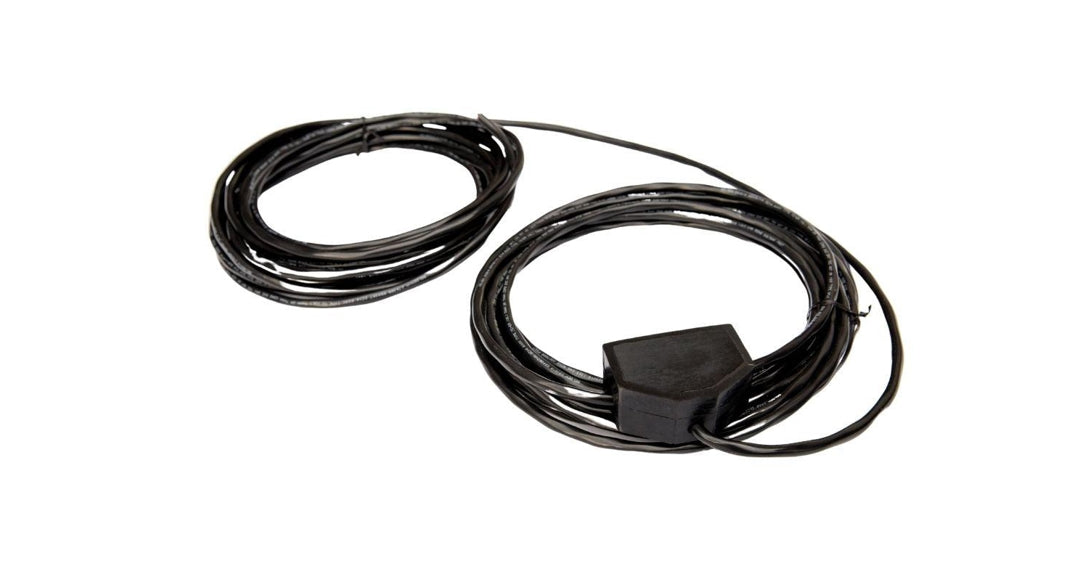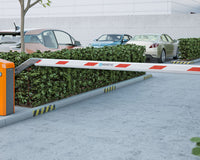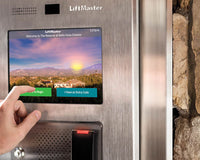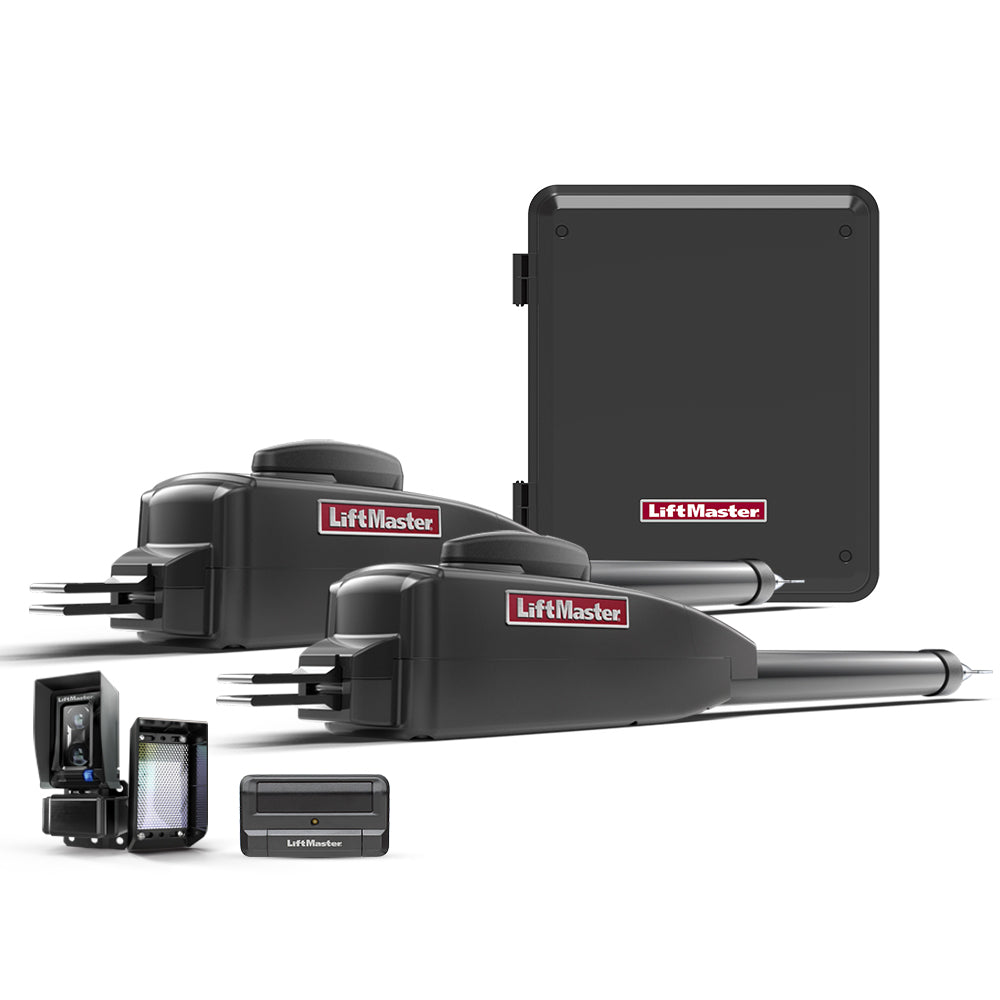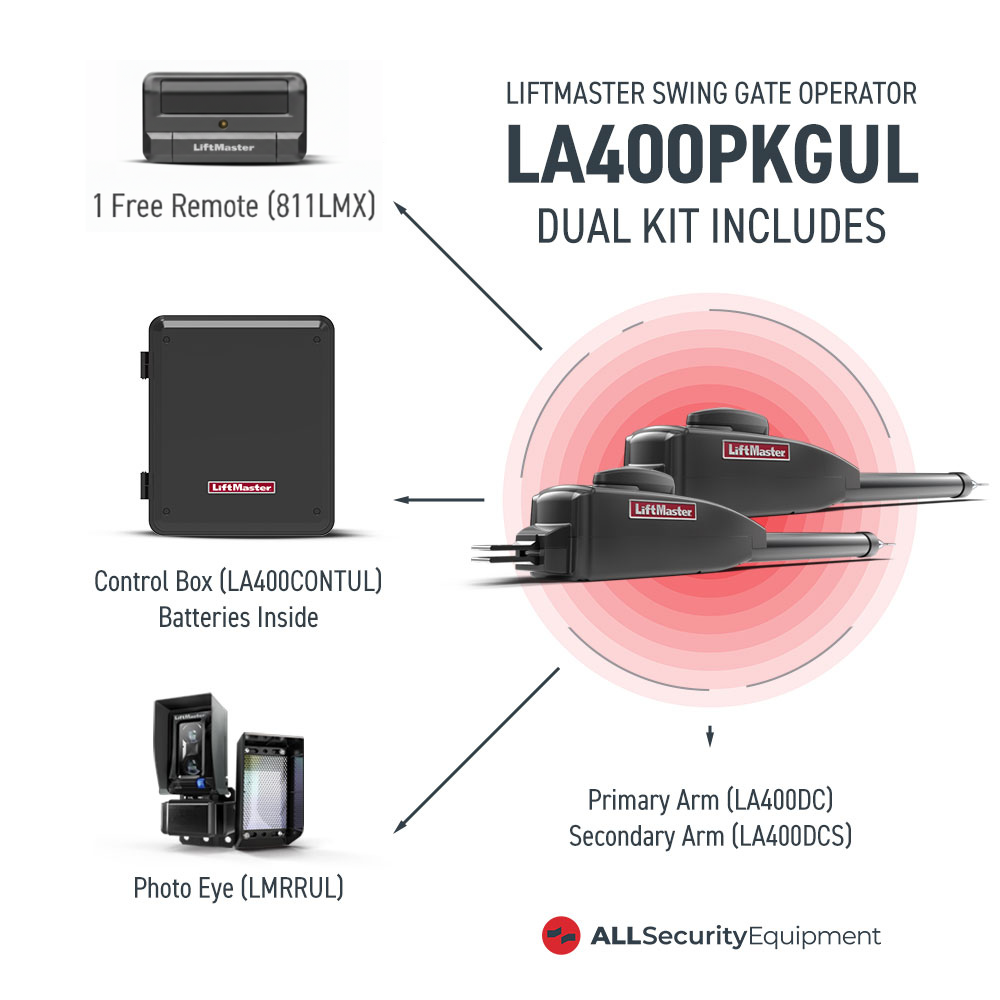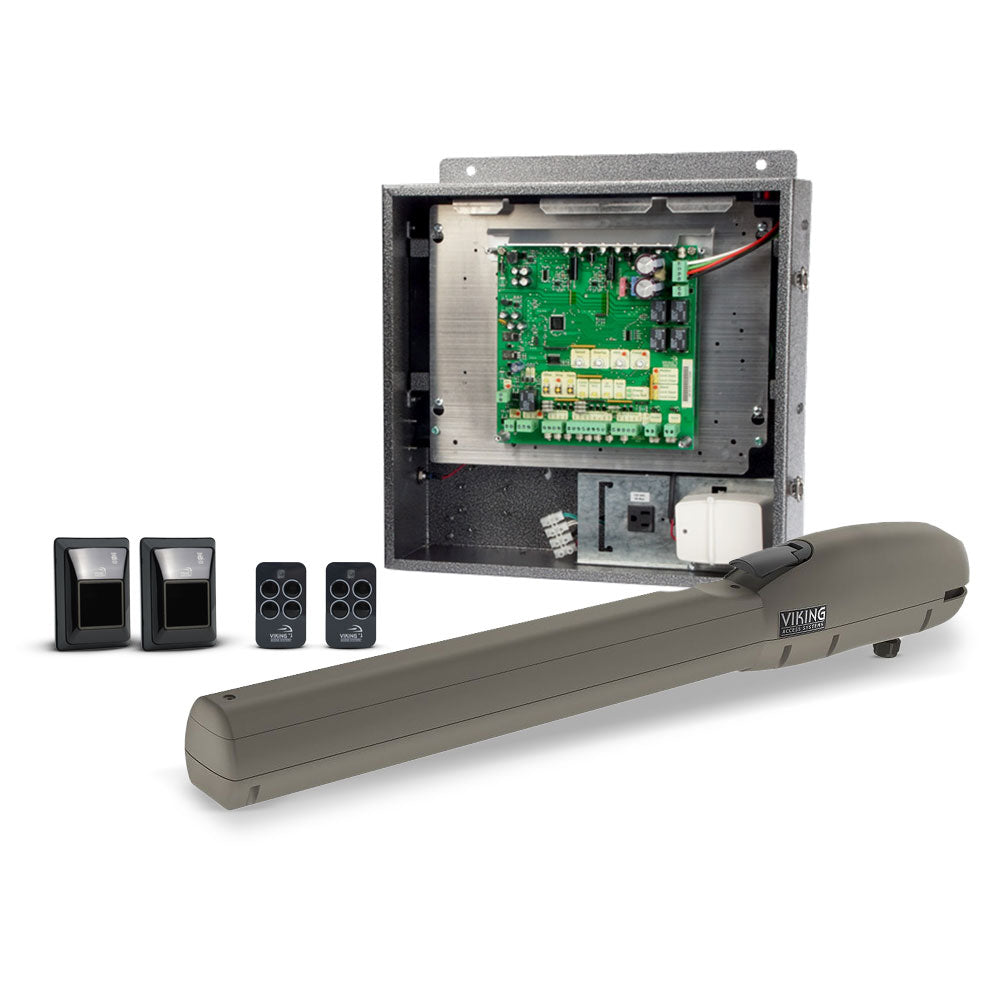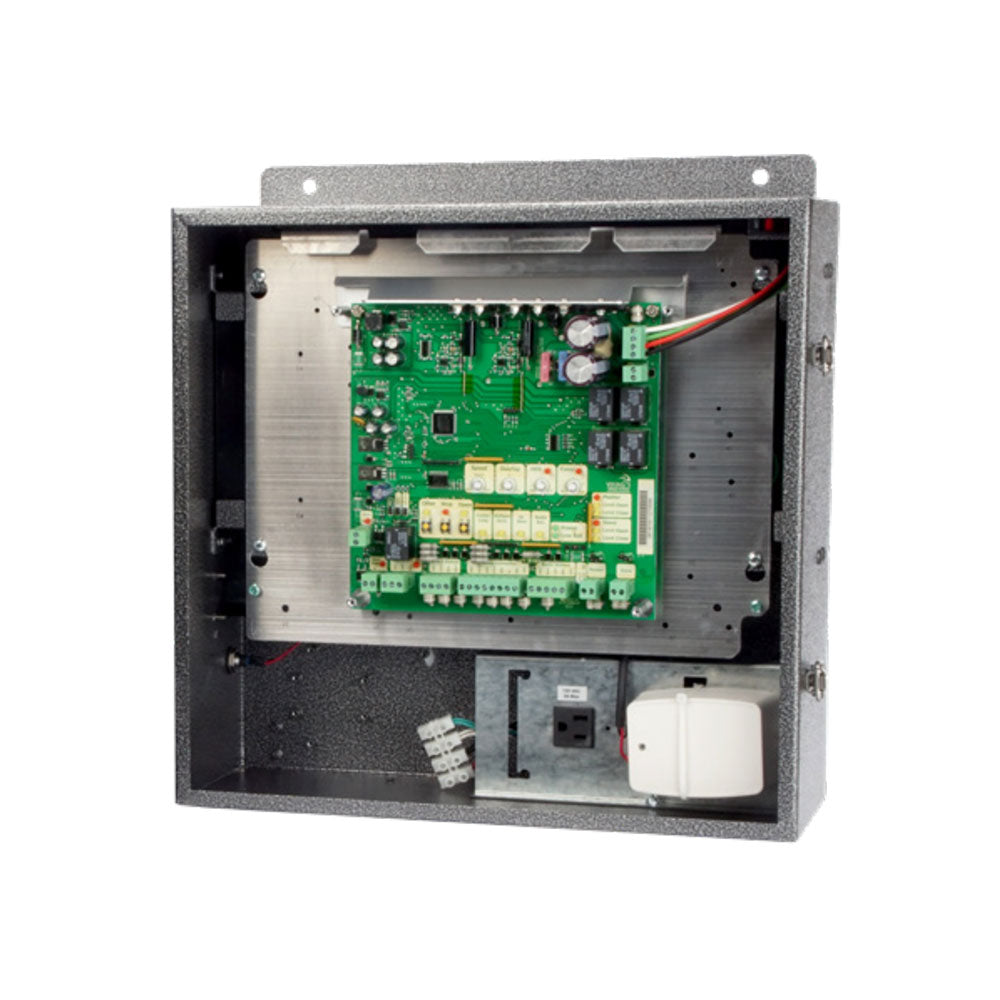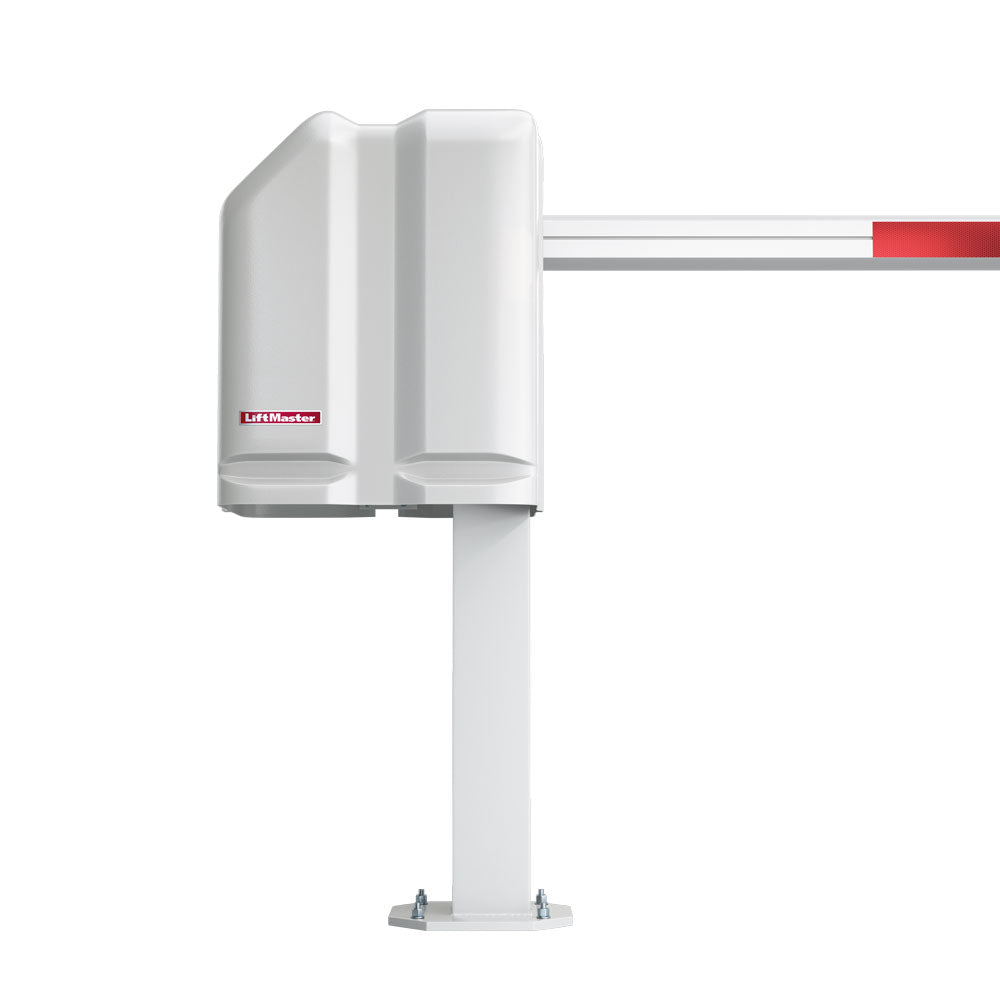Overhead wires propped on posts that run alongside the roads and streets are used to deliver power to every home and business. But, natural conditions and the hazards of being exposed pose a danger to the community.
This problem gave way to the creation of the direct burial cable, which is now utilized in many cities, particularly in densely populated areas.
Direct burial cables are the power wires or ethernet cables buried in trenches underground. This setup requires rugged, heavy-duty, and all-weather-resistant cables for reliability and safety.
Not all cables are meant to be a direct burial wire. You can identify them based on the labels such as with the cables and wires available at All Security Equipment.
Types of Direct Burial Cable
According to local codes, only wires rated for underground use by the National Electrical Code are eligible.
These wires have rugged insulation and jacketing and can be buried without conduit or metal cladding. However, it is still recommended to use a conduit to protect the cable from rodents.
Many cities have transitioned to using underground cable feeders because they are tidier. Without the poles and exposed wires, they are also safe when a natural disaster strikes. It is very advantageous in coastal areas and states that are prone to hurricanes.
There are two main categories of direct burial cable for different applications:
Underground Service Entrance
The Underground Service Entrance (USE) is used in residential projects and utilized by professionals. USE cables are black cables that connect home lines to the transformer.
Underground Feeder Cables
Underground feeder (UF) cables are gray-colored and can be installed by anyone with knowledge about electrical service. These can be used for indoor and outdoor applications such as connecting garden lamps and decorative posts.
Other Types of Direct Burial Cable
The USE and UF are just two of the main categories. Other types of cables utilized for the household include:
- NM cable is often used for switches, outlets and appliances. It is similar to UF cable but with a solid plastic enclosure.
- AC (Armored cable) is also known as BX cable. These are used if NM is not allowed, but is not applicable for commercial structures or homes more than three stories.
- Low-voltage wires are the cables that connect the doorbell, thermostat, sprinkler system, and fire alarm.
- THHN/THWN wires are the most commonly used insulated electrical wiring inside the home.
General Guidelines for Underground Wiring
The installation of underground wiring starts with analyzing the environment and choosing the most applicable underground cable to be used.
Here are a few things you need to remember:
- Check the local codes in your area for specific installation instructions. It varies according to states, types of soil and other environmental conditions.
- Call utility locating services (dial 811 in the United States) prior to digging. An underground wire needs to be installed at a safe distance and away from existing utility lines.
- Call a utility professional or electrician if installing underground service entrance cables.
- Choose only the wires that are labeled Direct Burial Cable.
- Consider the voltage drop and choose a larger cable if wiring at a long distance.
- UF cables can be buried directly, but adding a conduit is great for added protection and helps the cable withstand moisture.
- Bury the UF cable at least 24 inches underground, 12 inches with PVC conduit, or 6 inches for metal conduit.
- Make sure that the trench is free of sharp objects and is as straight as possible.
- If the wire can’t avoid sharp bends, follow the minimum bend required in the manufacturer’s manual.
- Keep a map of the underground wiring for future reference, especially for upcoming home improvement and landscaping projects.
Buying Direct Burial Cable
Buried cables are the best for excellent cable management and for ensuring safety against accidental trip-offs.
If you need durable and reliable underground wire, visit us at All Security Equipment. We have a wide assortment of cables available for your indoor and outdoor wiring needs.
Feel free to call our customer service team for any assistance on the product specifications of our cables and related products. We are also happy to assist you with our shipping policy, return policy, refund policy, or checking your order status.

